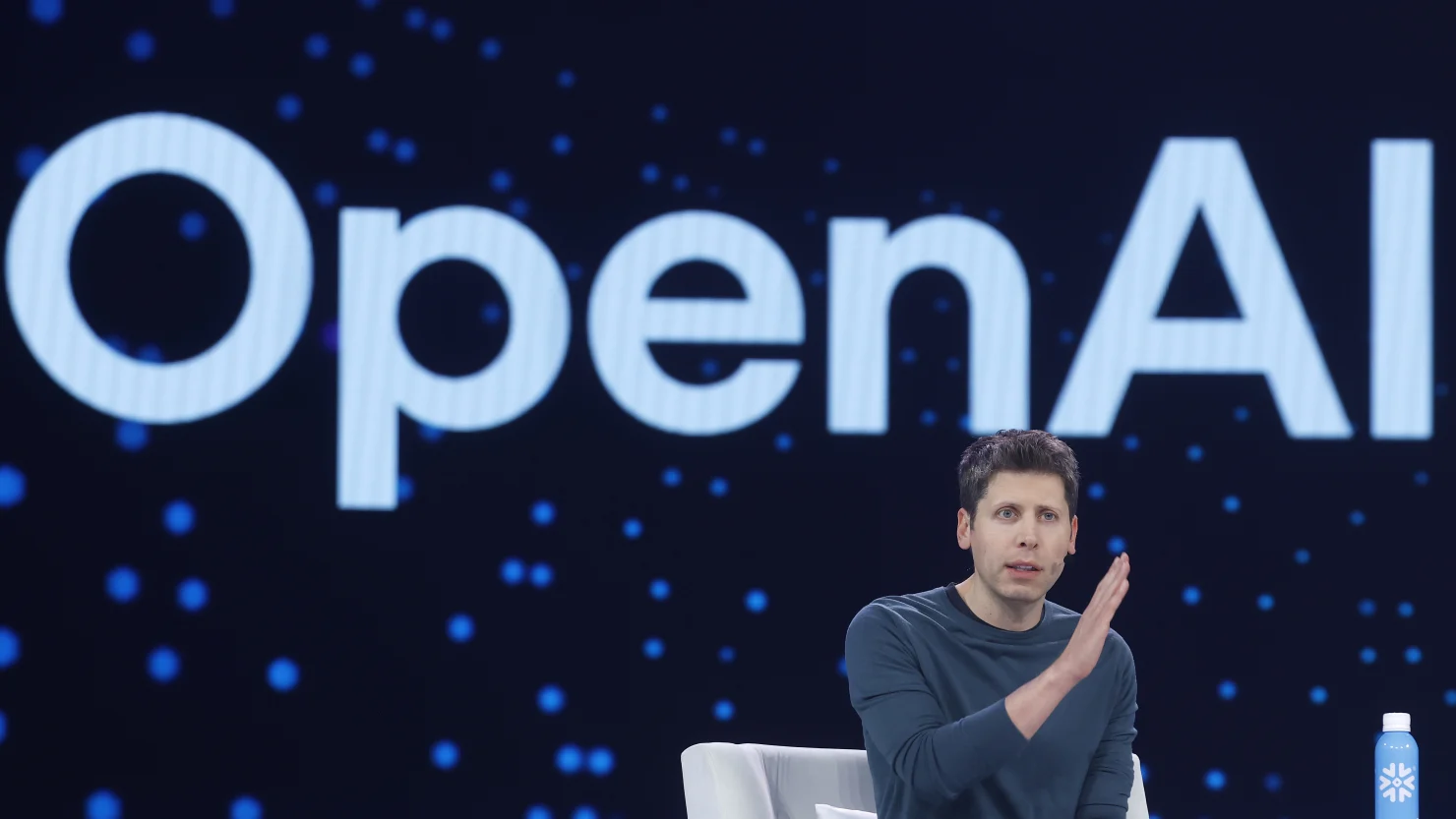OpenAI is rapidly expanding its presence in India, recognizing the country as a critical market for its ChatGPT product. India’s large and youthful population has attracted major U.S. tech companies, including Google and Meta, and OpenAI is positioning itself to capitalize on this growth. OpenAI CEO Sam Altman visited India in February, meeting with IT Minister Ashwini Vaishnaw to discuss potential collaborations. Altman highlighted that India is OpenAI’s second-largest market by user numbers and praised the rapid adoption of AI in the country, noting the “explosion of creativity” among Indian users.
ChatGPT has experienced remarkable growth in India. The app was downloaded 10.2 million times in August alone, up from 2.5 million during the same month last year. Since its launch, ChatGPT has accumulated 111 million downloads in India, surpassing its 80 million downloads in the U.S. While downloads do not directly equate to active users, the figures underscore the app’s rapid adoption. Competitors such as Google’s Gemini and Anthropic’s Claude lag behind, with Perplexity registering 6.4 million downloads in August.
User spending on ChatGPT in India has also been rising, totaling $21.3 million to date, compared with $784 million in the U.S., reflecting the price-sensitive nature of the market. To address this, OpenAI introduced ChatGPT Go in August, a budget-friendly plan priced at 399 rupees ($4.53) per month. This approach aims to build a large user base in India that could be difficult for competitors to challenge in the long term.
OpenAI is further investing in India through infrastructure and local operations. The company is reportedly exploring a site for a data center with at least 1-gigawatt capacity as part of its Stargate infrastructure initiative. Additionally, OpenAI plans to open a local office and has advertised sales roles in the country. The company has also launched an education program providing funding for research and distributing half a million ChatGPT licenses to students and educators.
Despite these opportunities, OpenAI faces challenges in India. Domestic AI startups such as Sarvam AI and Krutrim, as well as international competitors, are vying for market share. Legal and regulatory hurdles, including a copyright dispute with Asian News International, add complexity. Geopolitical tensions between the U.S. and India could also pose risks for American tech firms operating in the region. Experts note that OpenAI’s success will depend on navigating these legal, political, and cultural challenges while delivering localized products that meet the diverse needs of India’s users.
READ MORE:
